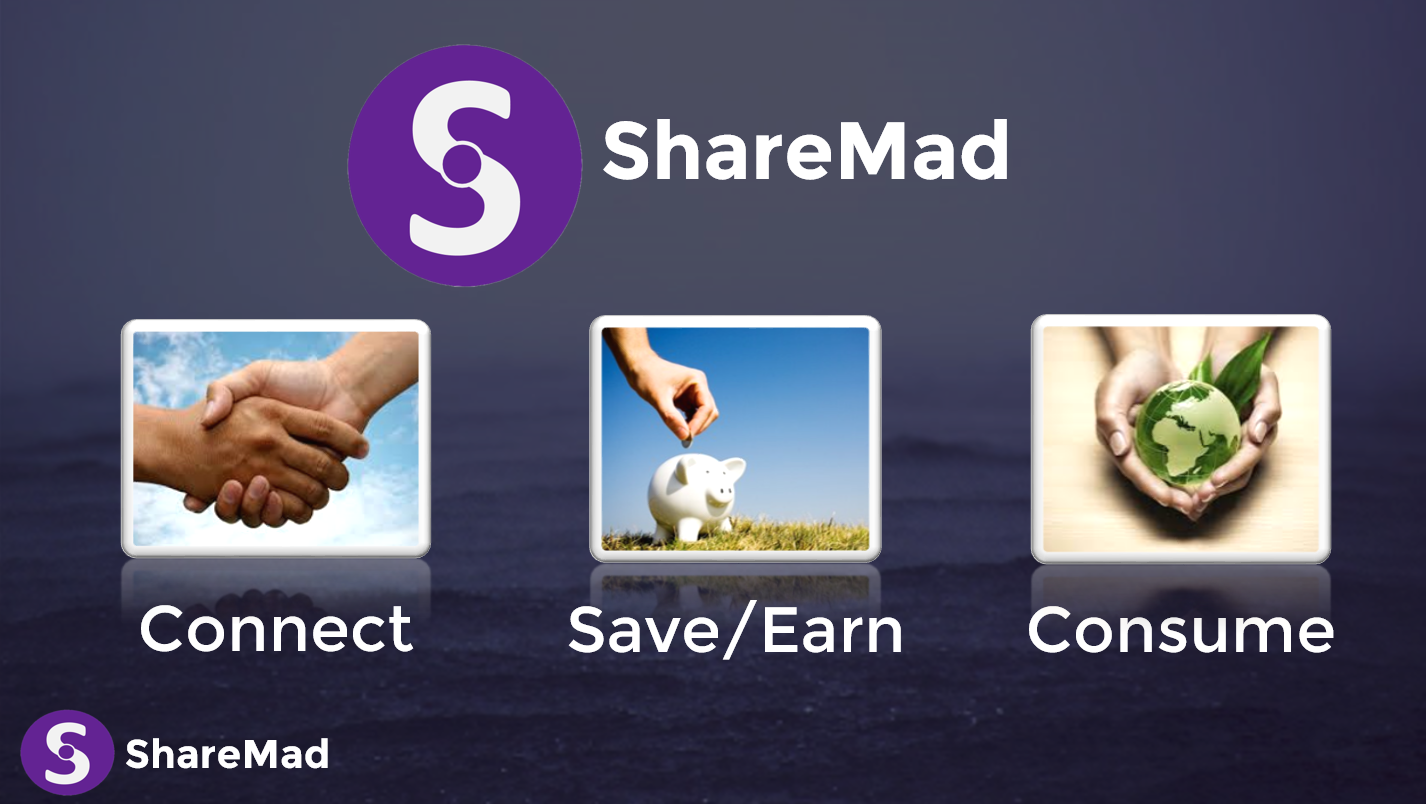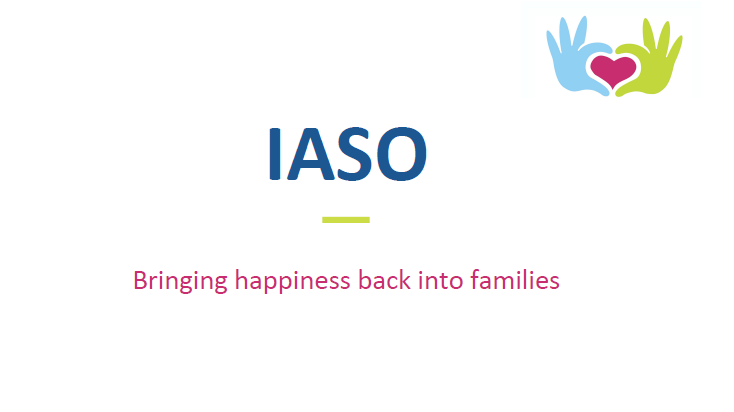For the Start-up Lab, critical knowledge areas encompass: The “Start-up Mechanics Goodie Bag” (from legal incorporation dynamics to wireframing your own website or app), Attracting and Retaining Talent (without an HR department), Lean Startup Methodology, Design Thinking Methodology, Marketing on a Shoestring Budget, Managing Start-up Teams, Introduction to Metrics (how to choose them and how to analyze the data with them), Growth Hacking, Pitching and Critical Feedback Skills, Start-up Fundraising and Start-up Valuation, and The Start-up Reality Check. Within the safety of the lab, students should conceive a start-up as a series of experiments where failure is a good thing.
STATS:
2015 – 16:
3 start-up Lab editions
Incubated 103 startup ventures
based in 20 countries!
12 winners in the following categories:
Innovation Award
Crowd Favourite
Investor Choice
Best team
Some other startups:
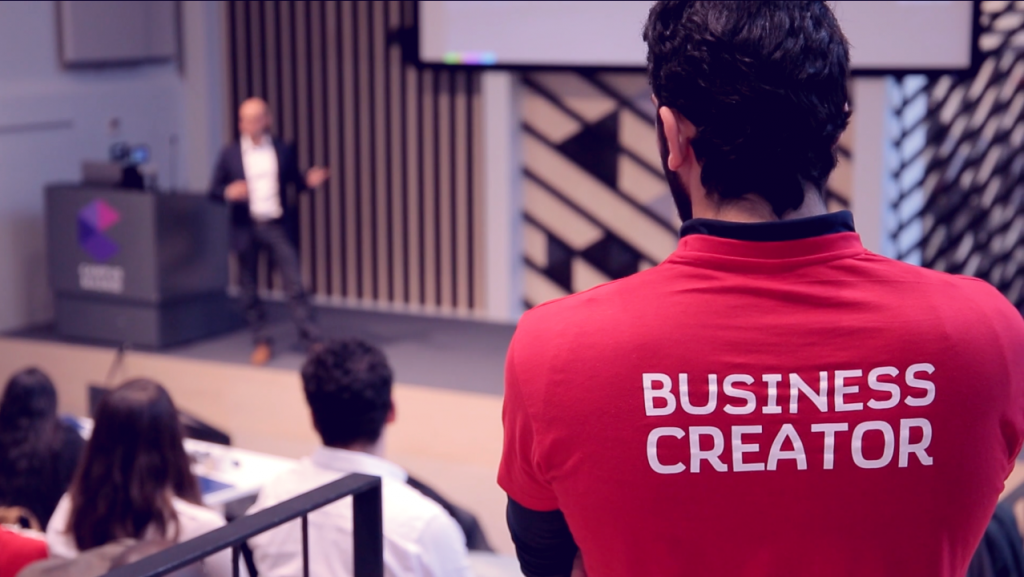
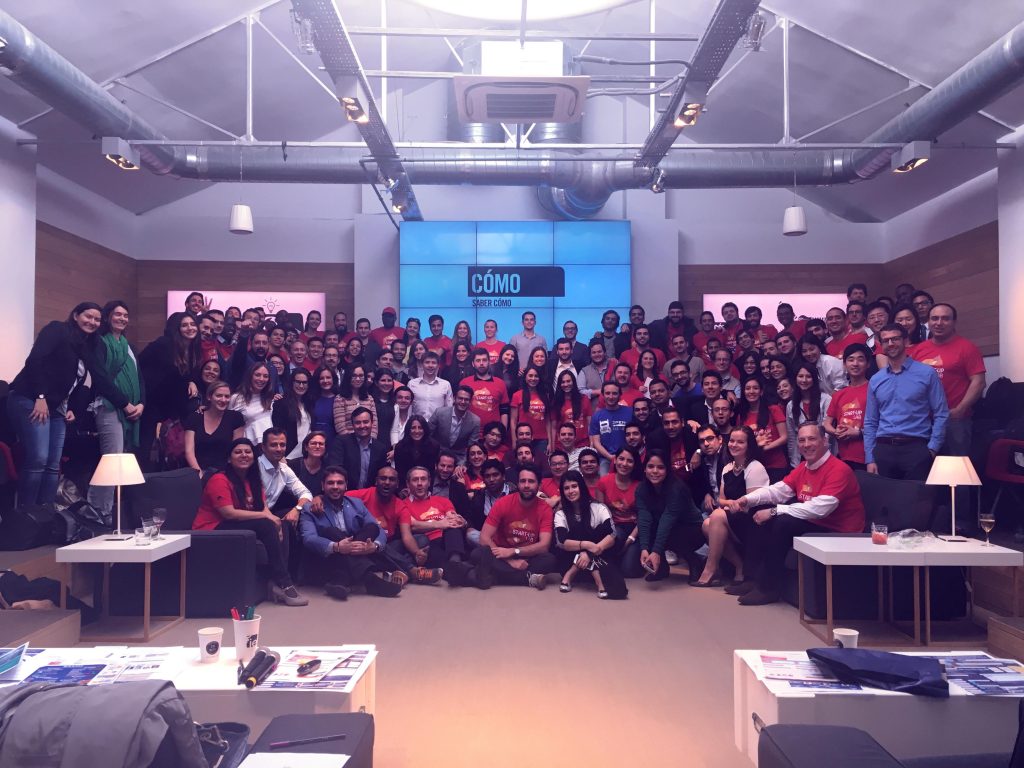
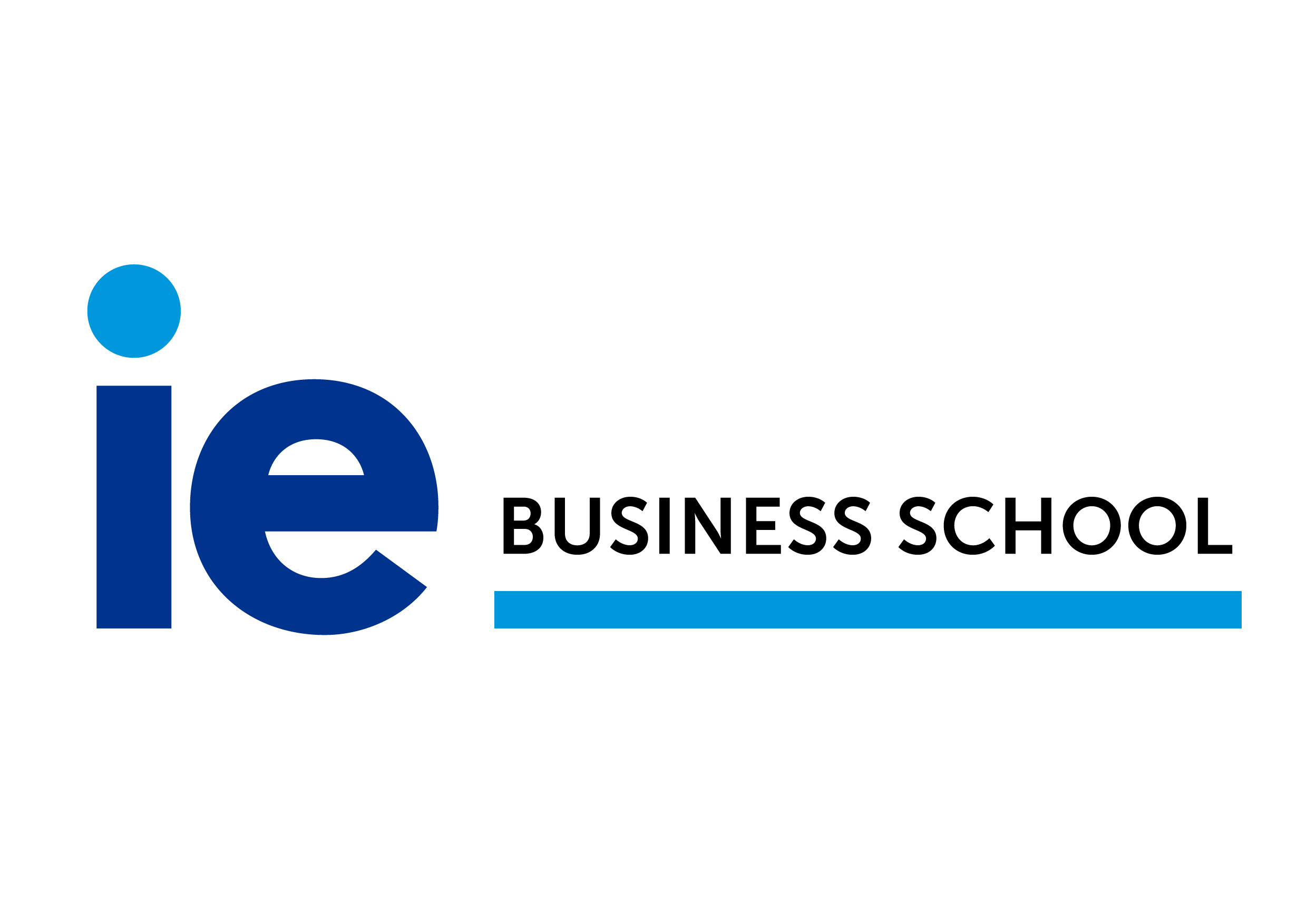
IE BUSINESS SCHOOL
At IE, we have been working for the last 30 years to offer the best management education and corporate consulting services. The result is the “IE Experience”. The experience of a school steeped in the spirit of entrepreneurship and innovation. A school that fosters applied research and promotes social responsibility initiatives. A school that leaves its own, differentiating mark.

Learn more about the IMBA Program |

THE LAB |
The Start-up Lab is for our visionary students who desire to make their business ideas a reality. This Lab provides hands-on learning to develop the core competencies of entrepreneurship, push students beyond their personal limits and motivations and provide opportunities to navigate the start-up ecosystems.
Students will work in teams of 3-5 people that will focus on developing a single idea (which will likely pivot on more than one occasion). Before the Lab begins, we will help facilitate the team-building process by organizing networking events and teambuilding activities aimed to connect students with common interests and complementary skills.
The six knowledge streams will provide an experimental start-up experience that complements Terms 1+2, as well as the Venture Lab.

Knowledge Streams
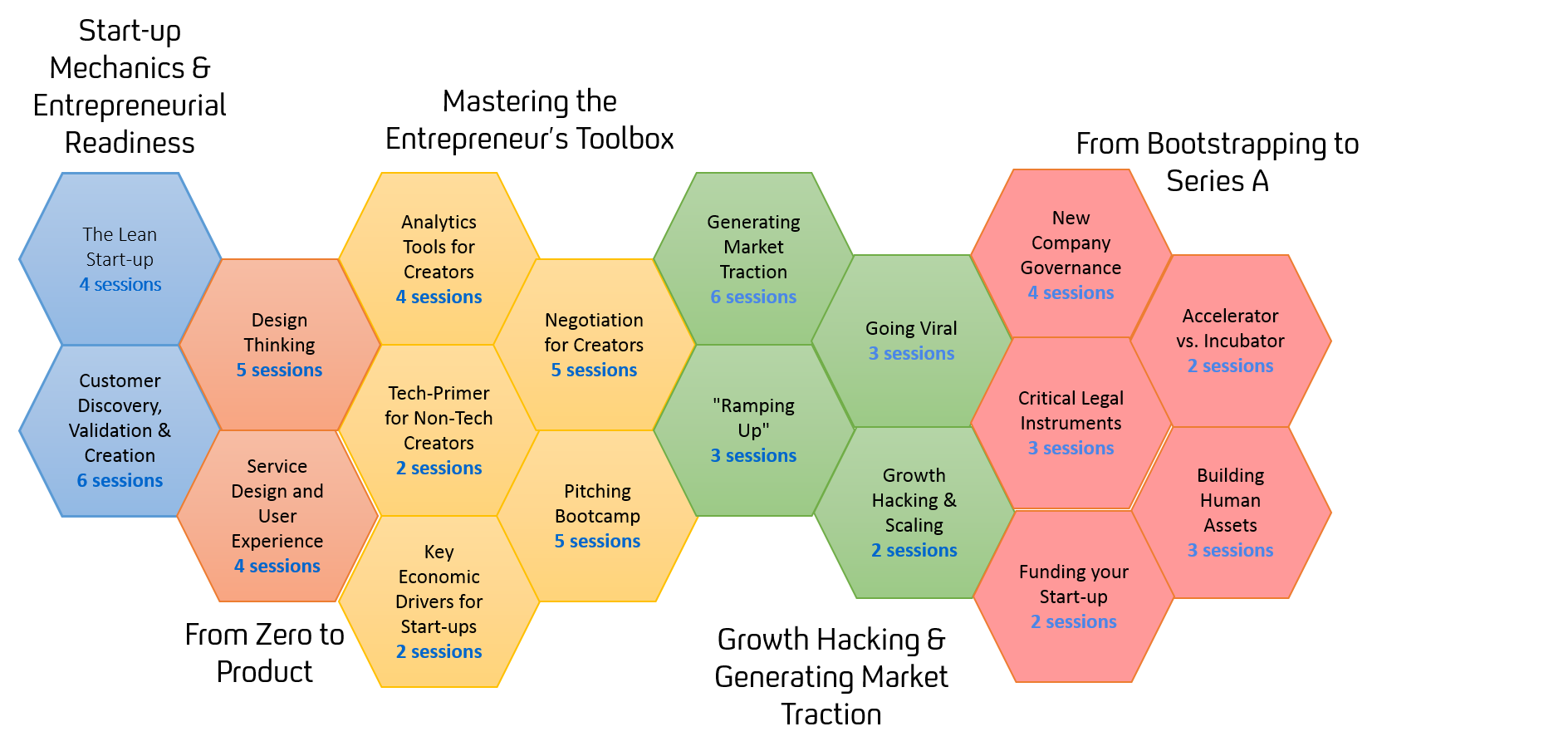
Start-up Mechanics & Entrepreneurial Readiness
The Start-up Mechanics & Entrepreneurial Readiness Stream will be the Lab kick-off to the key mechanics and resources of how to go from the ideation stage to customer validation and growth, developing the founding team, managing uncertainty and doubt and optimizing risk taking.
| The Lean Start-up |
In the Lean Start-up module we will review the Lean Start-up methodology and how it can be used to organize the entrepreneurial process. We will compare the traditional business plan venture development with the Lean Start-up methodology and how continuous and rigorous validation of our hypotheses will help us reduce the uncertainty regarding our new entrepreneurial venture. We will use real case examples to anchor case discussions and provide an overview of the whole Lean Start-up process that will then be developed in detail in the Customer Discovery and Validation module. During the module you will learn how to deconstruct your business model canvas into a set of hypotheses and the process to validate these hypotheses.
| Customer Discovery, Validation & Creation |
In this module, we will cover the crucial topics such as understanding who your end customer is, where your cash flow is coming from, how to validate your product to confirm that you do have a viable product and what it takes to start your creation process. In this module we will use the Lean Start-up aspects to dive deeper into the Customer Discovery Phase and discover how you can identify and create a market.
From Zero to Product
From Zero to Product Stream will go in-depth into ‘Design Thinking’ and ‘User Experience’ involving prototyping, getting an MVP (Minimum Viable Product) out in the market and exposure to customers to refine/pivot on the basis of the end-user’s feedback.
| Design Thinking: Creating, Prototyping & Testing your MVP |
You and your team have done the work and ventured to understand the needs of potential customers outside the building. Great job! So… now what? Now it’s time to move forward from need-finding and delivering value by accelerating learning through rapid prototyping and real-world testing. You will follow the cycle of Inspiration, Ideation and Implementation to solve your customers’ problems and build proper solutions for their needs. Ideation and iteration can transform half-formed ideas into awesome offerings aligned with the market, so prepare to go from solution to paying customers in as little time as possible.
Mastering the Entrepreneur´s Toolbox
Mastering the Entrepreneur’s Toolbox Stream will dive deeper into the ‘core weapons’ that are essential for founders. The goal is to get empowered with the best available resources and get the competitive edge in crucial aspects such as optimizing with IT, analyzing relevant economic factors, negotiating competitively and pitching compellingly.
| Analytics Tools for Creators |
In this module we will explore the different available tools and metric frameworks that will help us measure our progress as entrepreneurs. “What can’t be measured can’t be managed or improved.” As entrepreneurs we need to understand the value of a good set of metrics to measure progress and identify areas of improvement (features being used, channel adoption, user engagement, etc.). We will review each metric in detail and discuss how we can develop our own metric framework for our startups. We will cover funnel and cohort report analysis as well as what metrics we should focus on depending on the phase our start-up is currently in. Once we have completed the module we will be able to make decisions based on data and not rely solely on our intuition.
| Tech-Primer for Non-Tech Creators |
In this module we will work through the intricacies of using Information Technology for either creating a tech product or optimizing a non-tech product/service using IT. Non-tech creators usually lose precious time in finding ideal tech partners and then learning how to communicate and work effectively with them. The module will cover the basic tools and tricks required to make it as a (co) founder using tech/digital (Social media, web optimization, etc.) applications and resources.
| Negotiation for Creators |
Entrepreneurs must know the appropriate negotiation methodology in order to interact with all the agents present in their environment: founding partners, new hires, investors, suppliers, clients, etc. It is all about learning how to find committed partners, how to convince investors and other agents about an idea, for them to become part of the project and, lastly, how to turn the “creative spark” into a sustainable project for the long term. This program’s aim is to train participants in negotiation skills in order to identify how to create value through every phase in the negotiation process and obtain the key skills an entrepreneur must utilize in order to minimize the existing power differences between them and potential investors.
| Pitching Bootcamp |
“Life’s a pitch, at least for entrepreneurs!” The Pitching Bootcamp will provide you with hands-on knowledge related to the following questions: 1) Why are good pitching skills essential for a successful entrepreneur? (the purpose); 2) What are the components of a proper pitch to different stakeholders? (the content); 3) What specific rules and resources can help you in preparing your pitch? (the tools); 4) What are common mistakes from the investor’s point of view? (the pitfalls). Pitching is an Art. In these sessions we will take a deep dive into the best practices of Steve Jobs as well as other TED Talk success stories on pitching. Building on what investors want from a pitch we will practice how to best deliver it in order to transmit an entrepreneurial spirit.
| “Ramping Up” |
Seasoned entrepreneurs will share their experience about the critical growth phase of startups. Under the guidance of the lecturer the students will discuss a framework of best practice in “Scaling Up”. Most entrepreneurs start well – they create a prototype, perhaps with a small amount of funding. However the money is spent before sales take-off and volume is achieved. In our experience, they fail because they did not properly scale or RAMP UP because of two connected aspects of the “Problem of More”. Sales: Failure in sales sometimes implies that you have created a product that will not sell (there is no market) or will not sell at a price that will allow you to cover costs. Operations: Startups either start production after confirming orders which leads to delays in delivery, stretching the patience of their newly found customers. Or they produce too early and too much, thereby tying up scarce working capital in equipment and stocks. The root causes of these problems are threefold: Plans: Startups prioritize plans over planning. Processes: These firms “muddle through” instead of designing robust processes. Flexibility is key in this phase of growth. People: Scaling up means that more people will have to shoulder the work.
Growth Hacking & Generating Market Traction
Growth Hacking & Generating Market Traction Stream brings together creativity with a spectrum of low-cost techniques that can unlock rapid growth using hacks, tricks and shortcuts, setting the foundation for investible attractiveness of the founding team and the start-up.
| Going Viral |
About 99% of the content on YouTube never gets more than 1.000 views and only 0.01% of videos can hit the 1M threshold. Those videos that do go viral offer an amazing return on investment, representing an incredibly valuable advertising and communication technique, particularly by small companies and startups. In this module we will learn how to become a ‘Jedi’ of Video Advertising, produce a branded video content and make it viral in the Social Web, thus gaining valuable skills and knowledge of one of the fastest growing segment in the digital communication area. At the end of the module, you will master the “10-Commandments-Of-Video-Advertising” based on the results of the research conducted by a leading company in this sector, Teads.tv (+9,000 campaigns in 83 companies to date). Content will be taught with a very hands-on approach and cover the use of new platforms such as Vine, Snapchat and Hyperlapse and innovative metrics to assess media performance such as Affdex.
From Bootstrapping to Series A
From Bootstrapping to Series A Stream builds upon the important experiential learning from the previous streams to get an understanding of the various funding options, essential legalities (from incorporations to shareholding agreements) and different pathways for obtaining serious investment.
| Funding your Start-up |
The life of any start-up can only go as far as the ability to secure funding will permit. At each stage of the start-up, it is important to understand which kind of investor should be approached for funding. In this module, you will see the different options of funding that are available and how the founders can make decisions to secure these investments. In addition, understanding what investors are looking for, the best strategy to connect and the ability to make a compelling case is also something that will be covered in this module.
| New Company Governance |
Although Corporate Governance is not typically a top priority for startups, history shows us that it is an important mechanism that founding members should implement in order to set-up the “rules of the game,” assist with decision making and clarify the power relations between the parties. In order to achieve these objectives in the lab, we will take a practical approach to understanding the Corporate Governance tools that should be implementing in a start-up at different stages of growth, citing real experiences and success stories along the way.
| Critical Legal Instruments |
This module will take a practical approach to law as it relates to the start-up. We will review the legal instruments and knowledge all new companies should take into account as they move from being just an idea between partners to a registered company with employees and investors.
| Building Human Assets in Entrepreneurial Ventures |
No matter how good a business idea may be, the success of a start-up will not happen without effective talent management. Finding the right people and keeping them engaged is critical for any business endeavor, but it is particularly challenging for organizations at their inception since they usually lack the more stable and predictable systems for internal development as well as the necessary resources to provide employees with sophisticated benefits and perks. In this module we will look at some of the key decisions founders need to make about how to shape the culture and human capital practices that will build the talent and ultimately define the newly created firm.
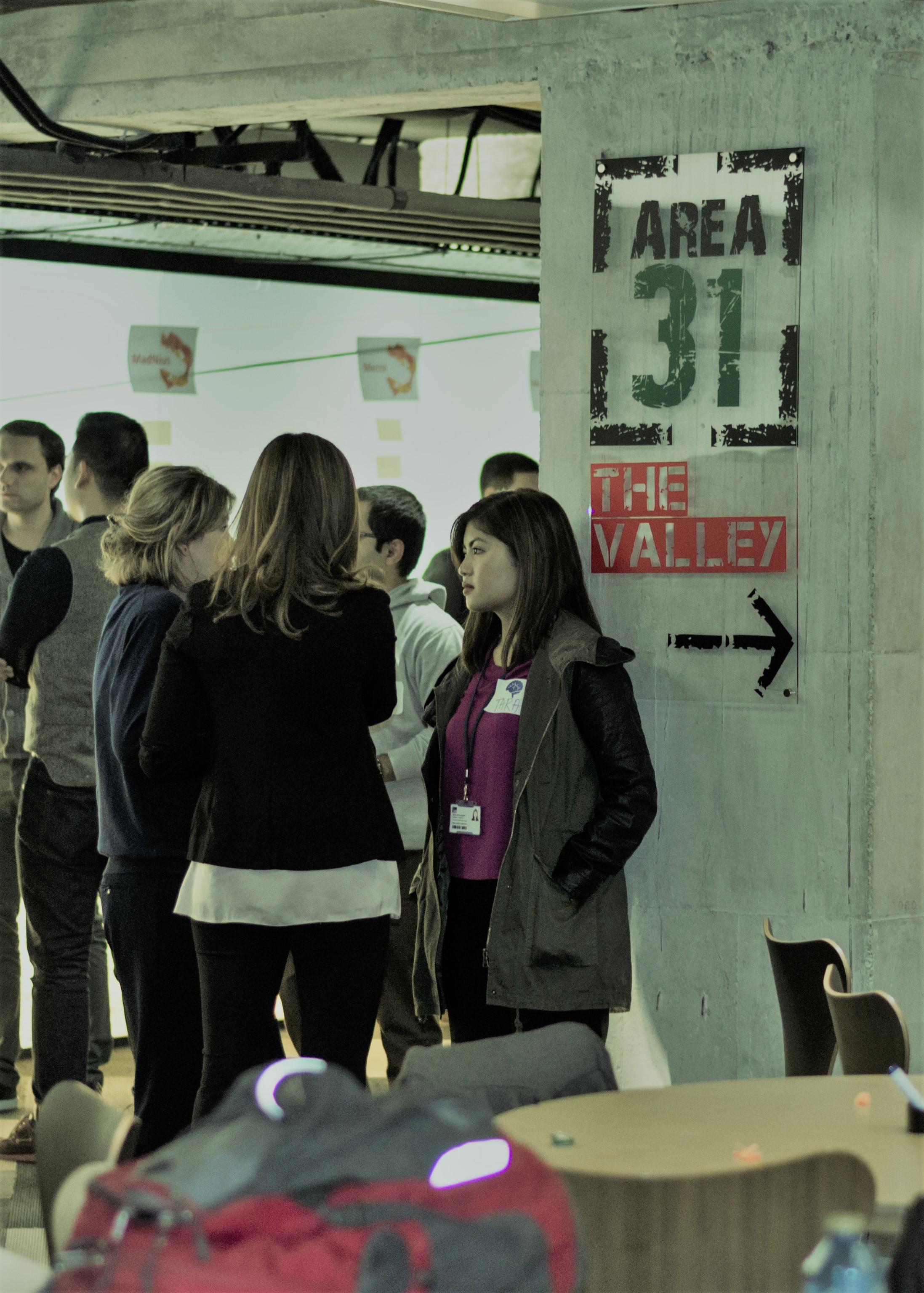
Ecosystem

Navigating the Start-up Ecosystem
This stream is all about stepping into the Start-up ecosystem by meeting and working with mentors, pitching in front of evaluation panels, joining the relevant international networks & communities and interacting with speakers and visitors from the global entrepreneurial world.
Students will have the opportunity to meet start-ups, accelerators & incubators in order to see first-hand how the concepts we teach in class are implemented in day-to-day operations. In addition, students will get a glimpse of the “real world” of starting up, providing an accurate insight into the lifestyle of an entrepreneur.
Weekly comprehensive mentoring sessions with experienced mentors will help the start-up teams in identifying the key elements of the overall entrepreneurial process and getting a privileged view of how to effectively create a market for your product.






